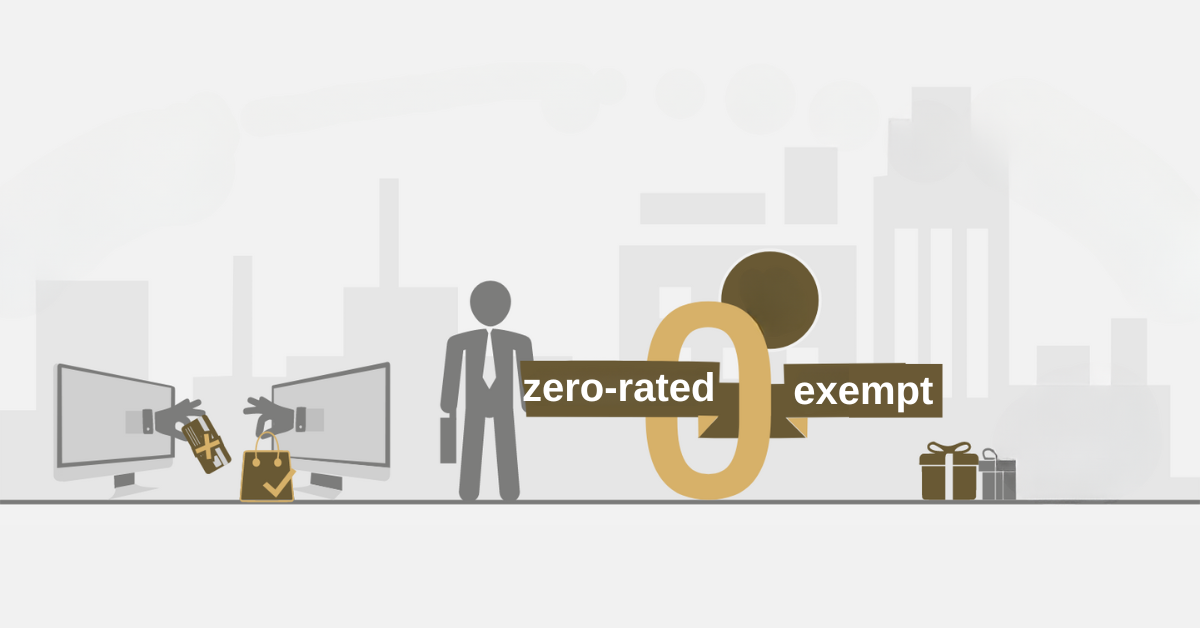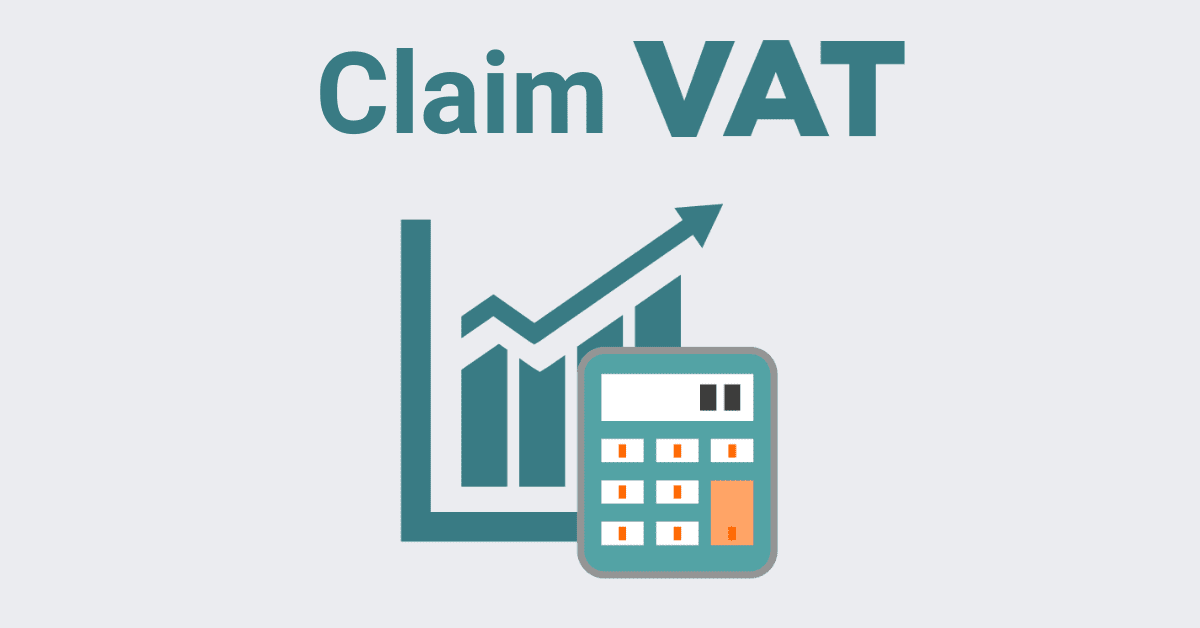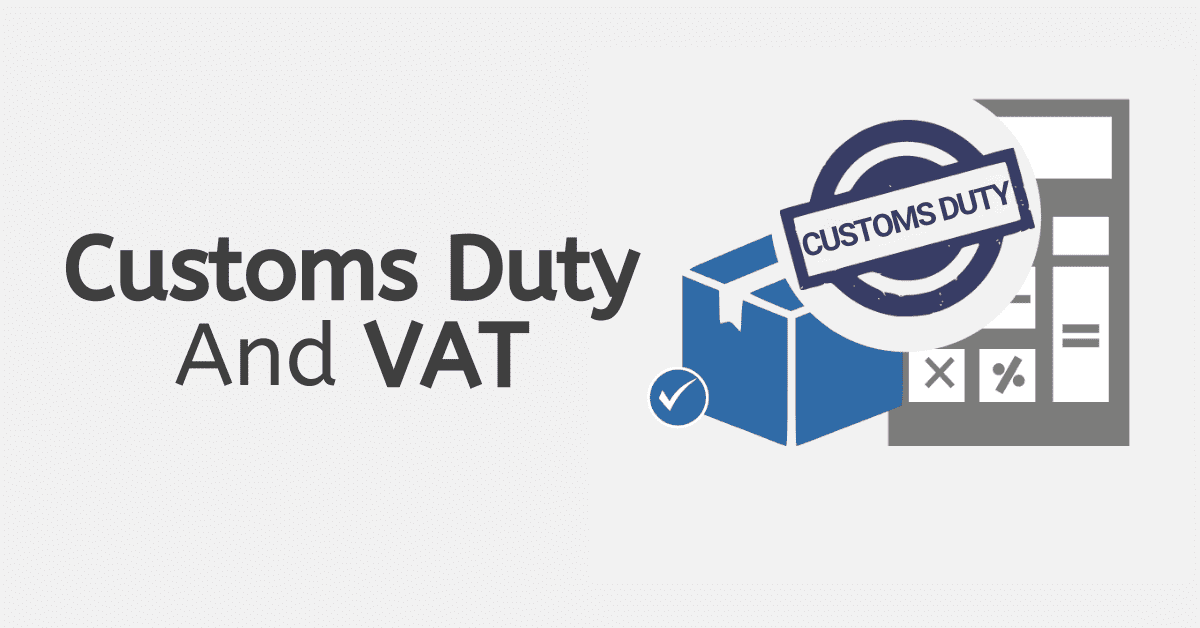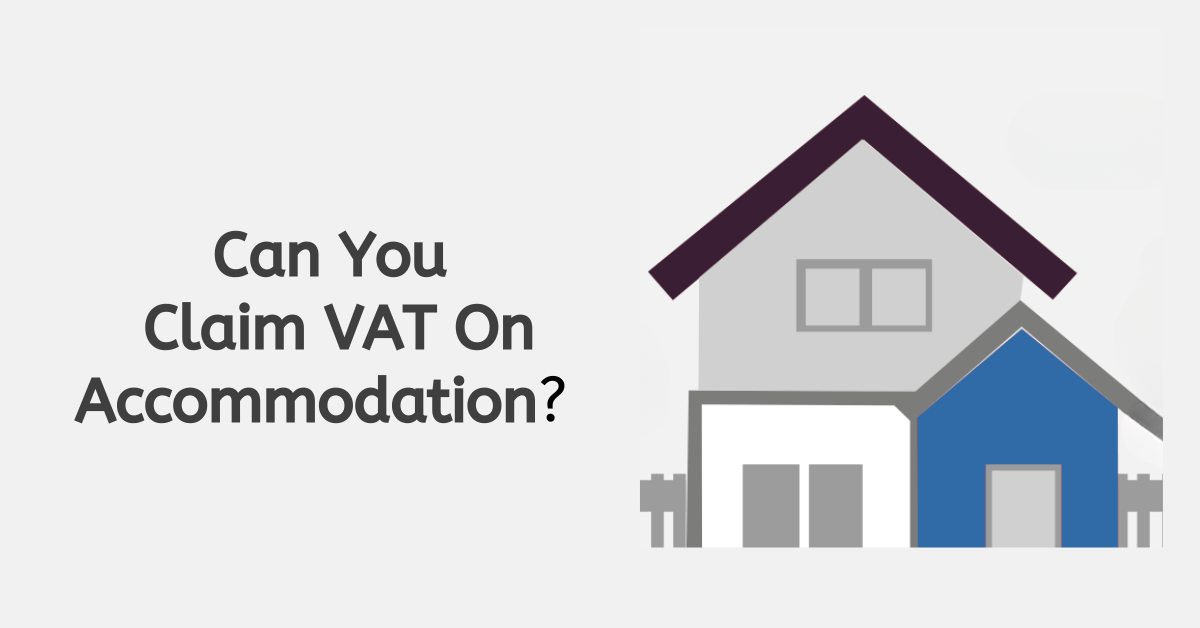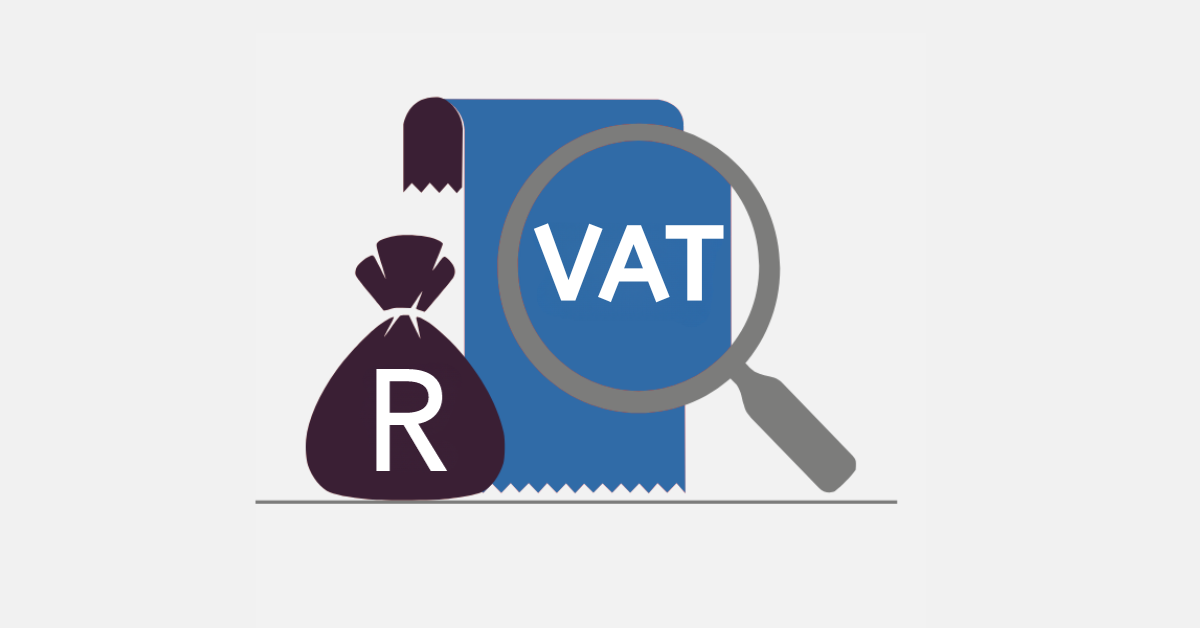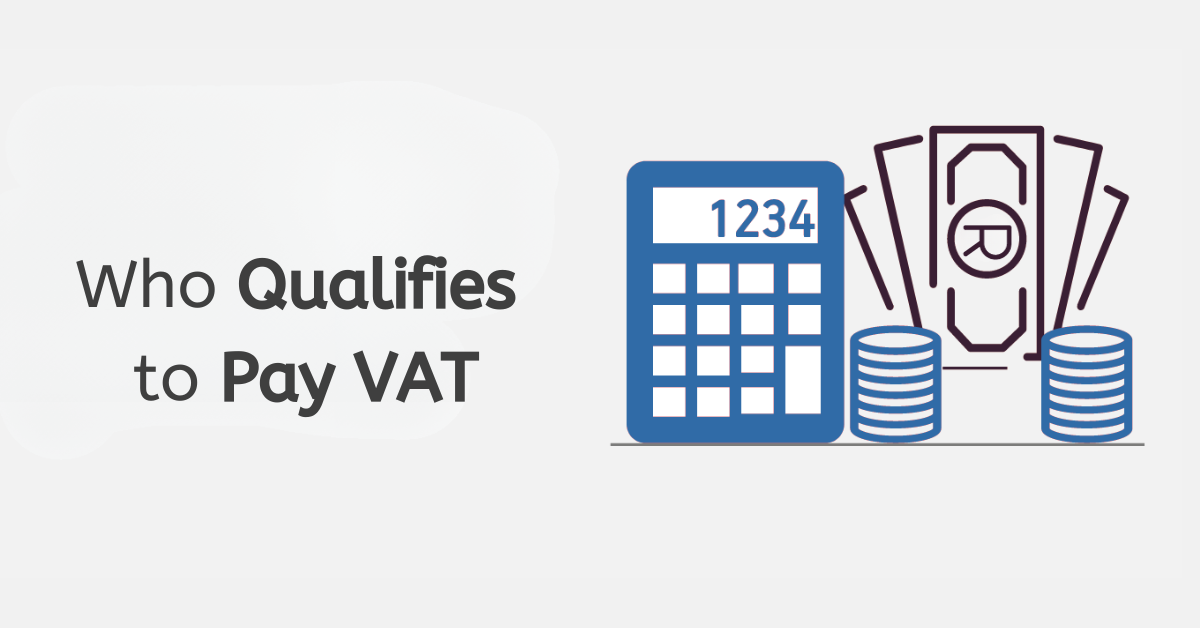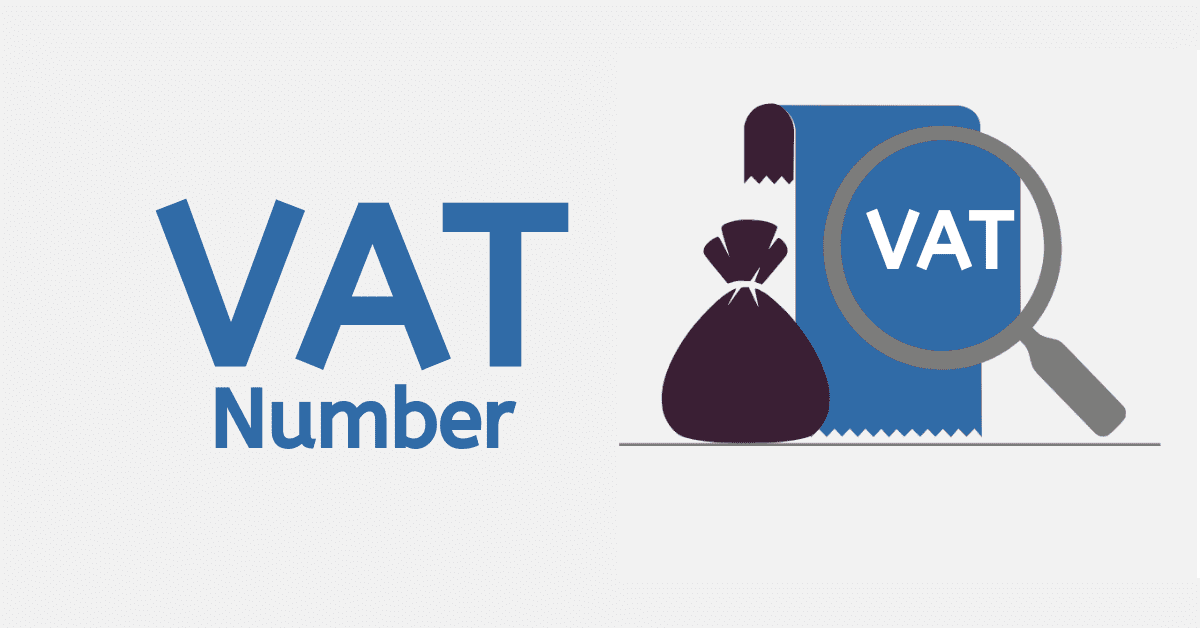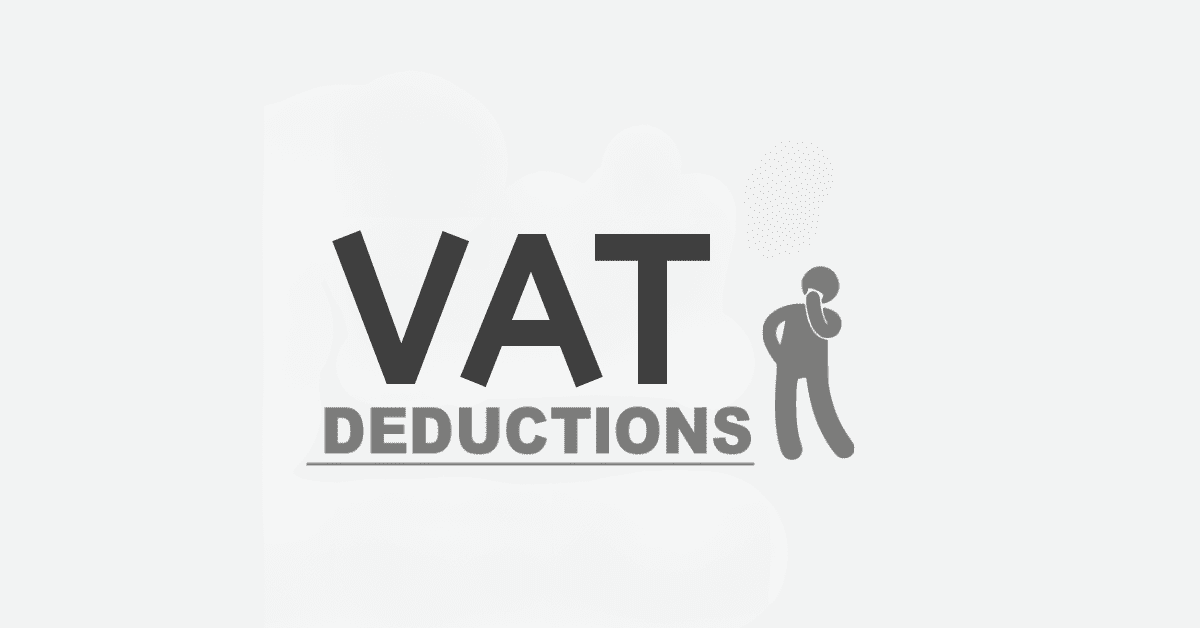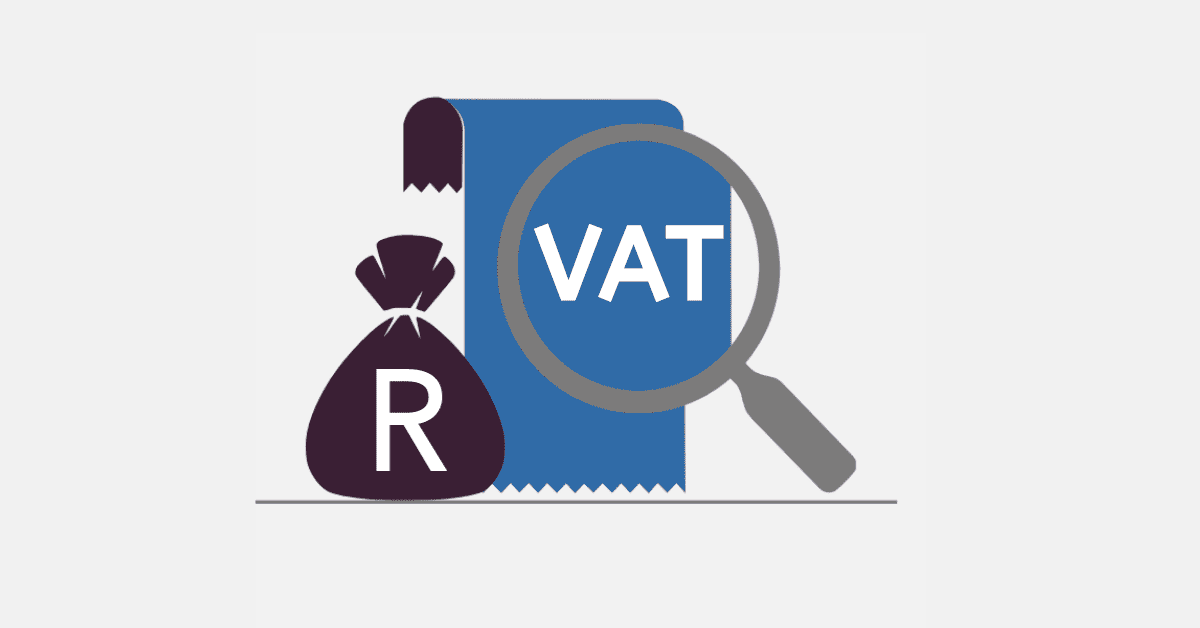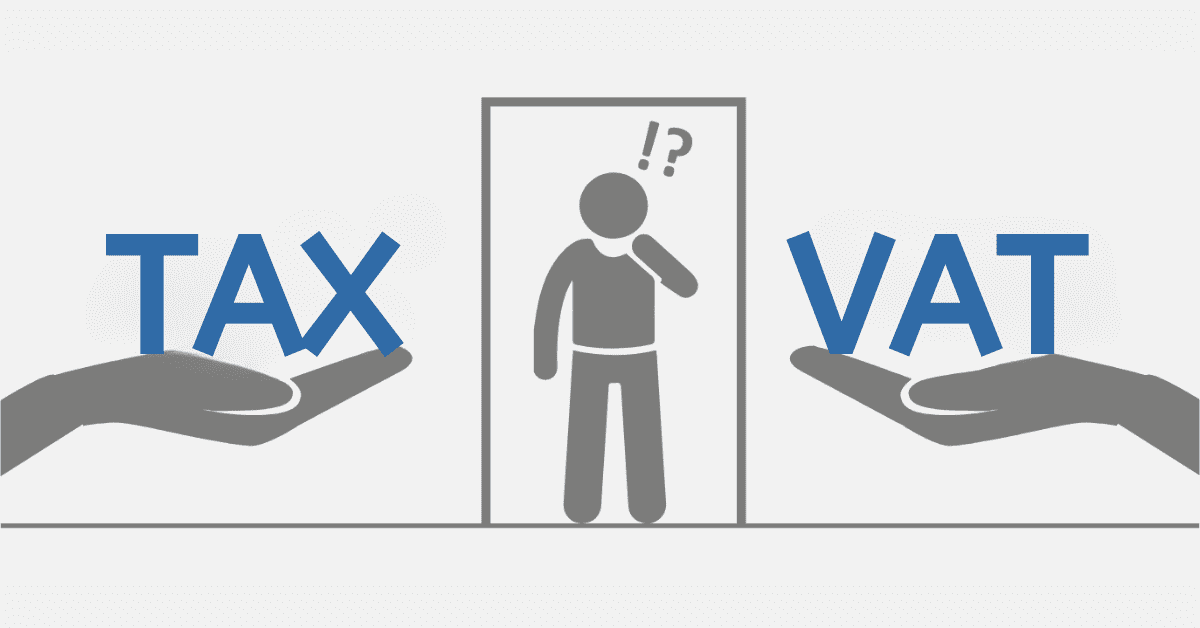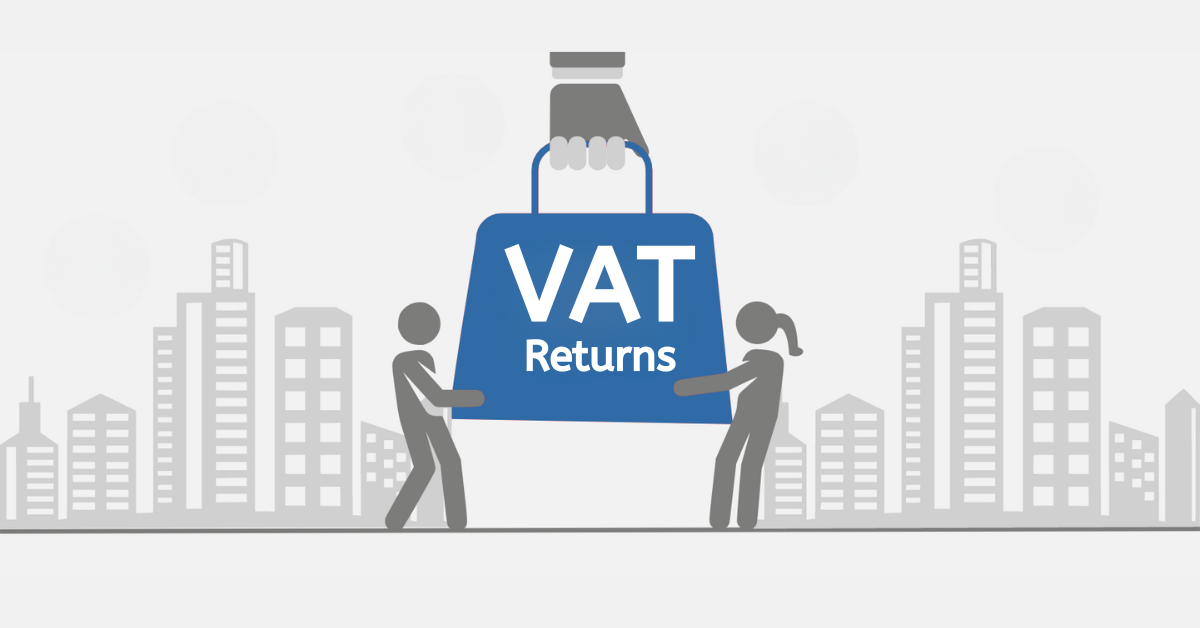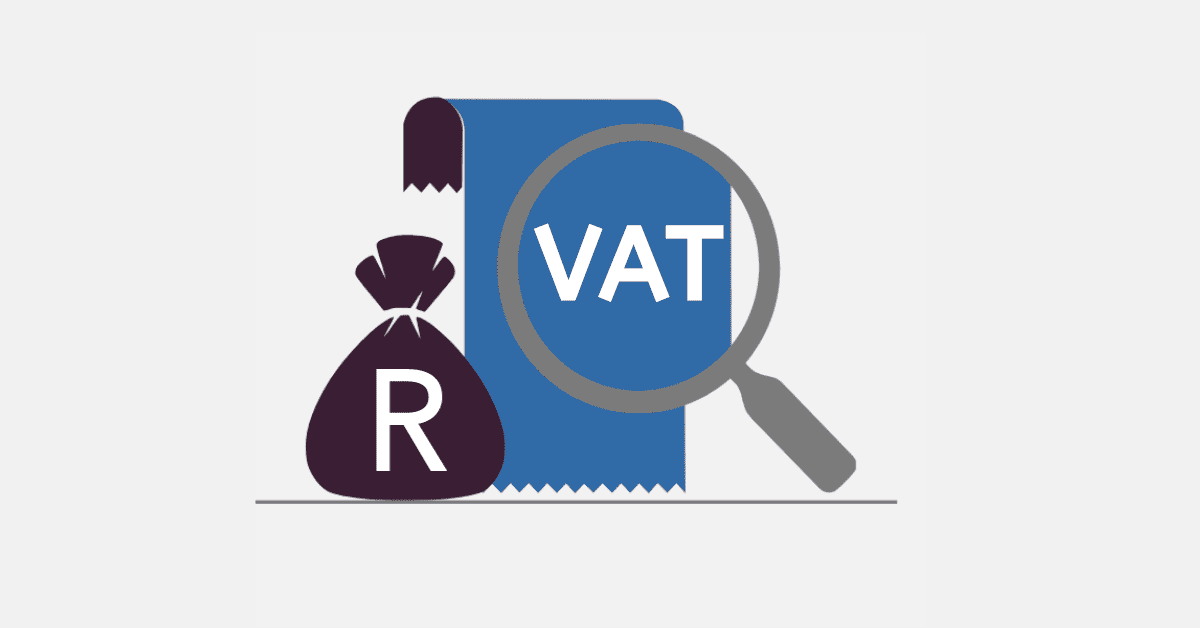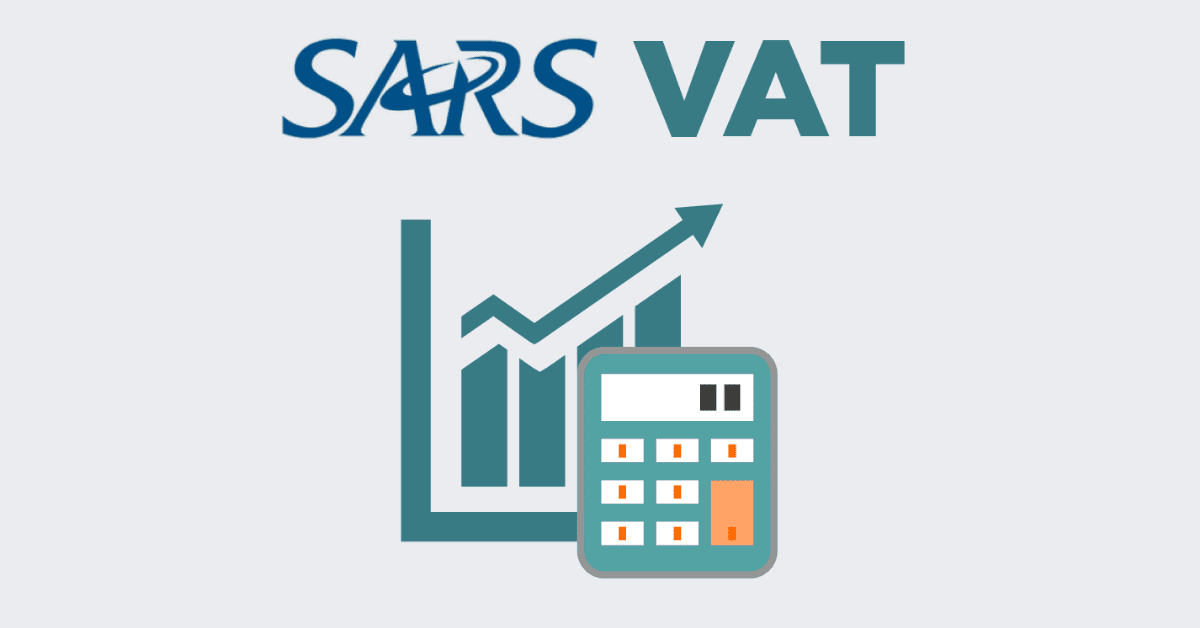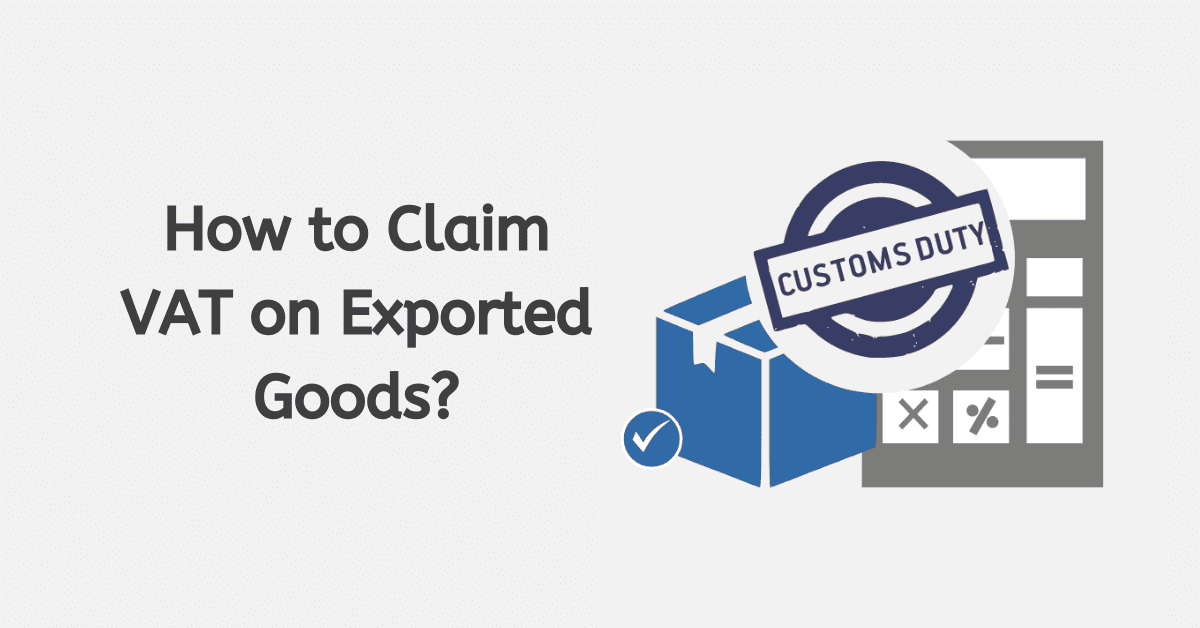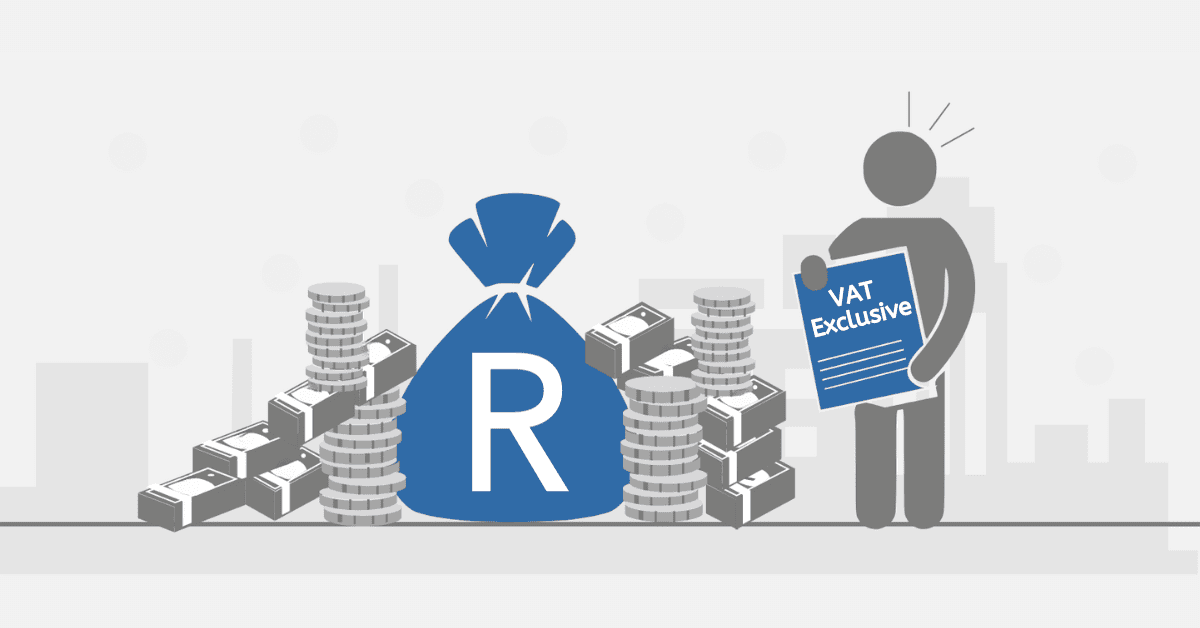When you import goods for resale in the Republic of South Africa, you will be liable for paying Value-Added Tax (VAT) on top of customs duty. These forms of taxes are calculated in different ways depending on the type of commodity being imported. Therefore, when you import something into the country, you should know how to calculate VAT to make a meaningful decision that will not impact your operations. Read on to learn how VAT is calculated
What Is the Import VAT Rate in South Africa?
The current import VAT rate in South Africa is pegged at 15%. For all imported goods, VAT is paid on what is known as Added Tax Value (ATV), which should be determined first. ATV is calculated as follows:
Customs Value + 10% + other non-rebated duties applied on goods + ATV X 15% (VAT Payable)
If the goods come from Botswana, Lesotho, Namibia, or Swaziland (BLNS), the customs value does not attract the 10% mentioned above. Instead, VAT will be calculated based on duty applied on goods and customs value.
How Is VAT Calculated on Imported Goods In South Africa?
Import VAT is a tax that is levied on different services and goods and services imported into the country. The imported goods first undergo the South African Revenue Service (SARS) Customs’ control where VAT is determined. Without paying VAT first, you cannot take the imported products to their destination.
To calculate VAT on imported goods in South Africa, you must calculate ATV using the following formula:
Customs Value + 10% + other non-rebated duties applied on goods + ATV X 15% (VAT Payable). The country where goods are imported from determines if the 10% upliftment is applicable. The 10% represents insurance and transport costs involved in calculating ATV, and it is not payable to SARS.
For example, you can calculate VAT on goods imported from China as follows
- Country of origin: China
- Customs value: R10 000
- 10% upliftment: R1 000
- 5% Duty: R500
- Added Tax Value (ATV): R10 000 + R1000 + R500 = R11 500
- VAT: 15% of R11 500 = R1 725
When you import from Botswana, Lesotho, Namibia, or Swaziland (BLNS) the 10% upliftment does not apply, and this is likely to lower your VAT. Therefore, you should remember that the country of origin of the services or goods you want to import affects the final VAT you will pay.
How Do You Calculate VAT on a Shipment?
Both brick-and-mortar and e-commerce business operators must pay VAT on shipping charges covered by the 10% upliftment. Business operators are likely to evade paying tax if they do not pay VAT on shipment.
You must have the following information to calculate VAT on shipment.
- Get details about the rate of ordinary import duty that applies to the type of your shipment. The rates differ depending on your consignment, so you must check the import directory.
- The Customs’ Rand value at the time of importation of the goods or services.
- Additional levy rates and duties but they do not apply to all commodities imported to South Africa. Check the duties you are likely to be charged.
What Percentage Is Customs VAT?
Customs VAT is also called import VAT, which refers to the tax that is imposed by SARS on imported goods and services into the country. Customs VAT is a major source of revenue for the government, and it helps protect the interests of domestic industries. The current customs VAT is 15% in South Africa. However, other goods can attract different rates or are exempted from paying this tax.
If your business involves the importation of goods and services into the country, you should know how to calculate Customs VAT, which includes the following steps.
- The first step is determining the value of imported goods, also known as customs value. It includes costs like the value of goods, transportation, packaging, or other expenses involved during freight. Use the invoice provided by the supplier to calculate customs value that is converted to Rand value.
- Determine the Rand value of Customs VAT using the invoice you obtain when you import different products. Use the current exchange when you pay your duty.
- Consider customs duty paid on imported goods since it affects the customs VAT which you will pay. It adds value to the total import cost which you should pay to SARS. Check the customs directory to ensure that you pay the right amount of duty.
- When calculating customs VAT, you must treat it as a percentage of customs duty and customs value. The current rate of customs VAT is 15% in South Africa, although other goods are exempted. In some cases, different rates are charged. Therefore, you need to consult a professional to help you determine the correct VAT rate for a specific product or service.
- On top of Customs VAT, you may also be levied other additional costs that may be related to other importation processes like storage charges, handling fees, and relevant surcharges. These costs will add to the overall cost of importation, although they are different from customs VAT.
Knowing import VAT for certain products can go a long way in safeguarding your business interests. It becomes illogical to import goods when you know that you cannot pay the required VAT.
When you import goods or services for sale in South Africa, you should know that you will be liable to pay import VAT. The standard rate of VAT is 15%, although some goods are exempted from paying this tax. Import VAT, together with duty, are the government’s major sources of revenue, and they are designed to protect the local industry. If you evade paying VAT, you may be penalized, which can affect your business. To be on the safe side, you should know how to calculate VAT on imported goods. It is a good idea to consult a professional to handle your VAT obligations to operate a viable business.
